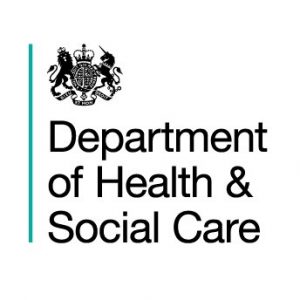 Transforming the response to domestic abuse
Transforming the response to domestic abuse
Home Office and Ministry of Justice
Opened 8 Mar 2018
Closes 31 May 2018
Domestic abuse comes in many forms, shattering the lives of victims and their families, and in recognition of this the government has put forward proposals for new laws which would transform our approach to this terrible crime.
The consultation launched today (Thursday 8 March) by the Prime Minister Theresa May, Home Secretary Amber Rudd and Justice Secretary David Gauke, will seek views on measures to be included in the government’s draft Domestic Abuse Bill.
To ensure they get this landmark legislation right the Government now want to hear from all those who have been affected by abuse, from survivors, front line professionals, charities and the public, to gather views on how, together, we can best put a stop to it once and for all.
This consultation seeks to address domestic abuse at every stage from prevention through to rehabilitation. It references the connections and provisions of cross-sector agencies and departments and reinforces the Government’s aim to make domestic abuse everyone’s business.
By consulting the Government aims to harness the knowledge and expertise of victims and survivors, support organisations and research experts. They are also interested in the views of professionals across policing, criminal justice, health, welfare, education and local authorities who deal with these issues everyday.
The main aim through this work is to prevent domestic abuse by challenging the acceptability of abuse and addressing the underlying attitudes and norms that perpetuate it. This consultation asks questions under four main themes with the central aim of prevention running through each.
- Promote awareness – to put domestic abuse at the top of everyone’s agenda, and raise public and professionals’ awareness.
- Protect and support – to enhance the safety of victims and the support that they receive.
- Pursue and deter – to provide an effective response to perpetrators from initial agency response through to conviction and management of offenders, including rehabilitation.
- Improve Performance – to drive consistency and better performance in the response to domestic abuse across all local areas, agencies and sectors.
For each of these themes the current position is outlined and any potential areas identified where it is thought more could be done. These areas will be at different stages of development, and the accompanying questions will reflect this. In some instances feedback will be requested on specific proposals, whilst in others evidence or experiences will be asked for to further understand the problem.
The consultation includes some topics which are complex and/or technical.
Participate in this consultation
There are two versions of the consultation questionnaire:
Full version
https://consult.justice.gov.uk/homeoffice-moj/domestic-abuse-consultation/
Short Version
https://consult.justice.gov.uk/homeoffice-moj/domestic-abuse-consultation-short-version/
Documents
Transforming the response to domestic abuse 1.8 MB (PDF document)
https://consult.justice.gov.uk/homeoffice-moj/domestic-abuse-consultation/supporting_documents/Transforming%20the%20response%20to%20domestic%20abuse.pdf
Government takes action to tackle domestic abuse
Home Office and Ministry of Justice 08 March 2018
www.gov.uk/government/news/government-takes-action-to-tackle-domestic-abuse







